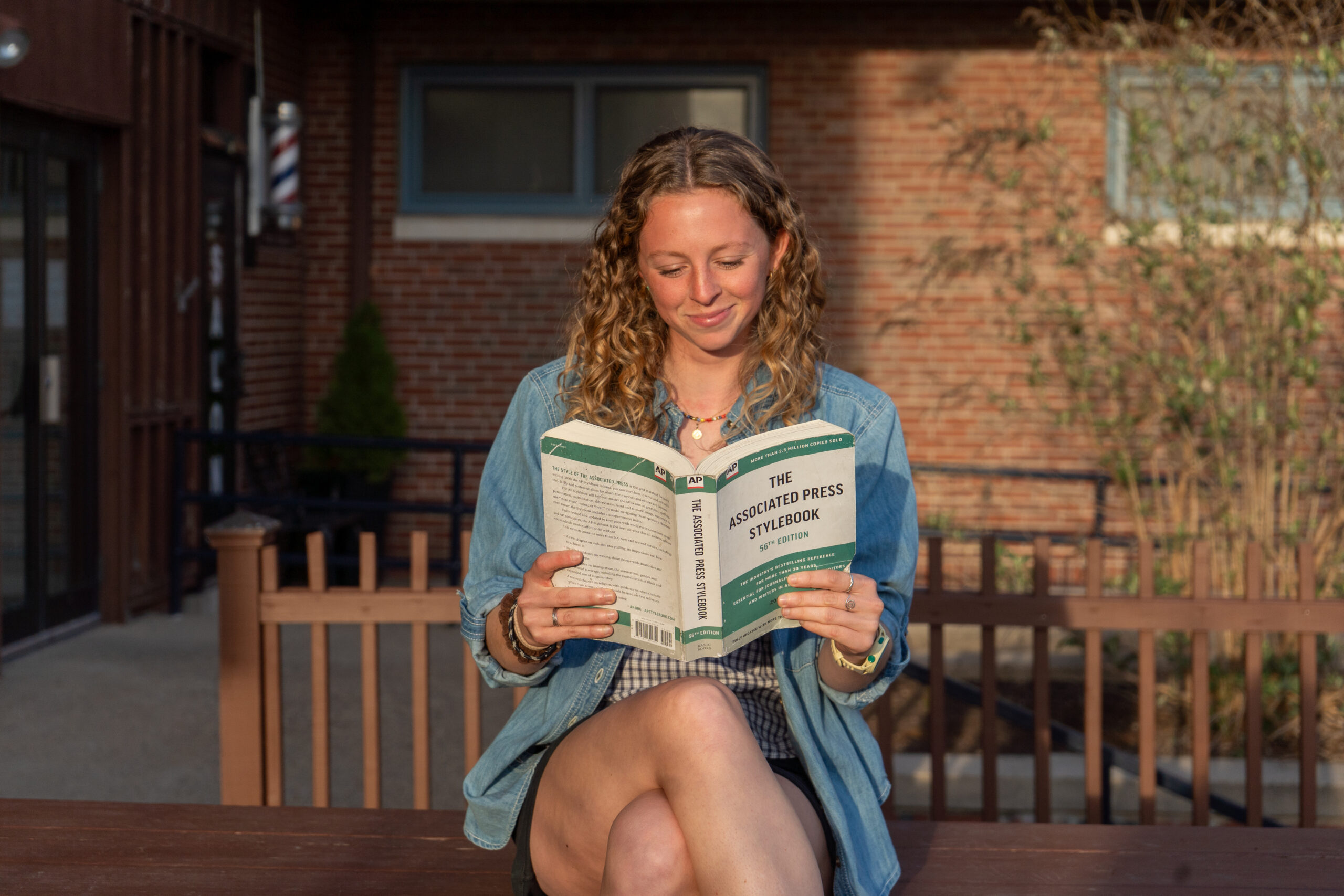Dear Editor,
I came across a rather inconvenient situation last week while in search for a text that is mandatory for one of my courses. There was an issue with the shipment of this text; Therefore, I went to the university library in hope for some guidance of obtaining a copy within the week. A man behind the reference counter assisted me and informed me that the URI database does not have the certain required text that I was searching for.
Purchasing the book again would have not sufficed due to the time limitations I was under, so I then turned to my mother, a professor at a fellow university, whom was able to bring some light to the situation. She pulled up the database called HELIN Library Consortium and was able to find the book within minutes. A copy of the book was available in the Roger Williams University library and was transferred to a convenient location (the Community College of Rhode Island) for pick up a few days after.
The HELIN Library Consortium is composed of eleven academic libraries and eleven special libraries. The catalog allows access to approximately six million items including books, periodicals, electronic resources, videos, and audio material. This library catalog combines the databases of participating libraries and allows the borrowing and sharing of their material. As a member of a university or college, materials can be requested and delivered through any of the libraries that participate.
The academic libraries include Brown University, Bryant University, the Community College of Rhode Island, the Dominican House of Studies, Johnson & Wales University, Providence College, Rhode Island College, Roger Williams University, Salve Regina University, University of Rhode Island and Wheaton College.
By Dec. 31, 2015, the University of Rhode Island along with Bryant University and Brown University, will be removing their names from the HELIN Library Consortium. The claim is that by these universities removing themselves, it will be easier for Rhode Island patrons to access material due to better monitoring of interlibrary loans.
In my situation, I can’t help but only see the benefits that belonging to the HELIN catalog offer students. Being able to access a database that other academic institutions are a part of can be more beneficial than only joining forces with the local public library systems. I suggest that this decision is taken into consideration, and better explained to why the university is choosing to revoke their resources to the public as well as restricting their students with a smaller database.
Sincerely,
Adriana Mitrelis
Outlet: The Good 5 Cent Cigar (URI newspaper)



